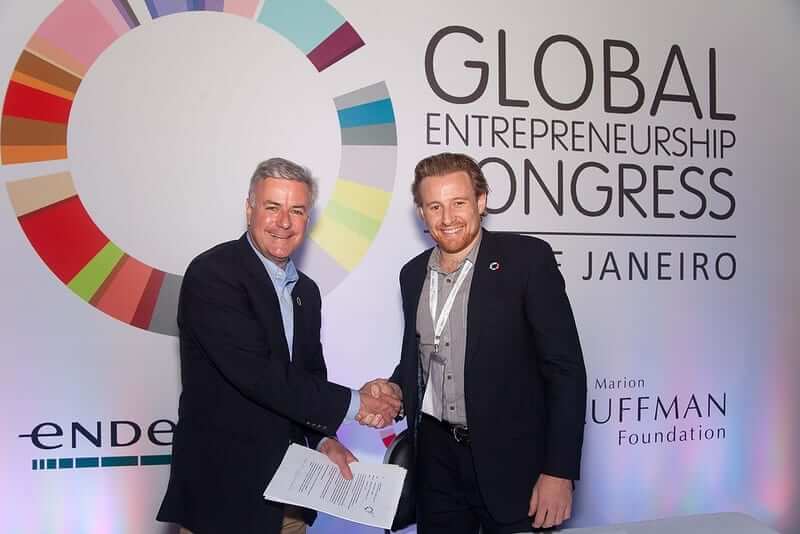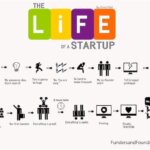Entrepreneurship has never been more important than it is today. With more than halfs the world’s population under the age of 25 humankind is younger than it has ever been. There is a youth (15-24) bulge of 1.8 billion, with 87% living in developing countries and around 2/3rds of those underutalised. Even in Australia, one of the most robust economies in the world, one in four youth are not currently in full time education or employment.
This is a crisis that the world’s leaders in government, business, civil society and especially youth all agree on. It has serious social, economic, political and systemic implications that must be addressed immediately. The impacts on long term unemployment, crime, anti-social behavior, GDP and our population’s future ability to earn a decent income are just some of these implications.
Now, more than ever, entrepreneurs are essential to create jobs, self employment, sustainable economic growth and wealth, as well as to address the growing set of global challenges society is facing.
Studies from the G20 Young Entrepreneurs Alliance, OECD, Ernst & Young, Accenture, Endeavour global and The world Economic forum have consistently illustrated that entrepreneurs and young business are the leading source of job creation and sustainable growth. Countries around the world are increasingly focused on entrepreneurship and innovation as the way forward for building new knowledge and creative approaches, increasing global competitiveness, addressing the growing challenge of increasing unemployment and creating new jobs, however far more focus and emphasis must be placed on developing entrepreneurial thinking, and ecosystems that foster entrepreneurship.
The concept of entrepreneurial thinking has the potential to fundamentally change the world in 2 significantly positive ways:
- Teaching entrepreneurial thinking to the world’s youth will positively shift the way societies think, regardless of whether they go on to start an organisation or not. When you think like an entrepreneur it creates an elevated approach to your thoughts, actions and emotions. Youth that are taught entrepreneurial thinking are more likely to be engaged, participatory and successful leaders.
- Creating ecosystems where entrepreneurial thinking can thrive leads to greater instances of individual financial sustainability, which therefore lifts societies out of poverty. Micro entrepreneurs can become financially sustainable, high growth organisations create jobs, and social enterprise is tackling the world’s largest social & environmental problems far more efficiently than aid or government organisations.
“The top 5 percent of all companies analyzed (in terms of job creation) contributed to 72 percent of their countries’ aggregate total revenue and to 67 percent of total jobs. These companies are characterized for being young and presenting high rates of growth”
~ World Economic Forum, Stanford University and Endeavor Global – Study of 380,000 companies in 10 countries
“High-growth enterprises play a disproportionate role in job creation. The 10 percent most rapidly growing enterprises created between 50 and 60 percent of gross employment gains over a 5-10 year period in France, Italy, the Netherlands and Greece, while in Spain this was nearly 90 percent.”
~ OECD 2010
“Therefore, implementing policies that work towards creating a sustainable entrepreneurship ecosystem that will allow businesses to grow is important for the long-term creation of quality jobs for youth”
~ Aspen Network of Development Entrepreneurs, 2013
In order to strengthen entrepreneurial abilities through education, teaching methods must be redefined from primary schools to universities. Activities that go beyond traditional teaching, such as dedicated entrepreneurship centres, internships, teacher and advisory education. This education should be aimed at increasing the skills needed to succeed and increasing an entrepreneurial mindset”
~ OECD, 2008
“Entrepreneurship is critical within the United Nations Post-2015 Development Agenda as it creates strong, sustainable and balanced growth which can help end the youth employment crisis and create a better world. As the UN High Level Panel on Post-2015 itself highlights, today’s youth are inherently entrepreneurial”
~ Kevin Langley & Jeremy Liddle, G20YEA 2014





























